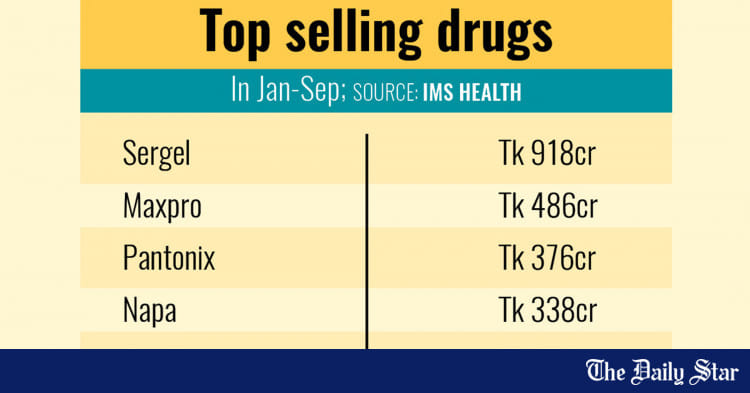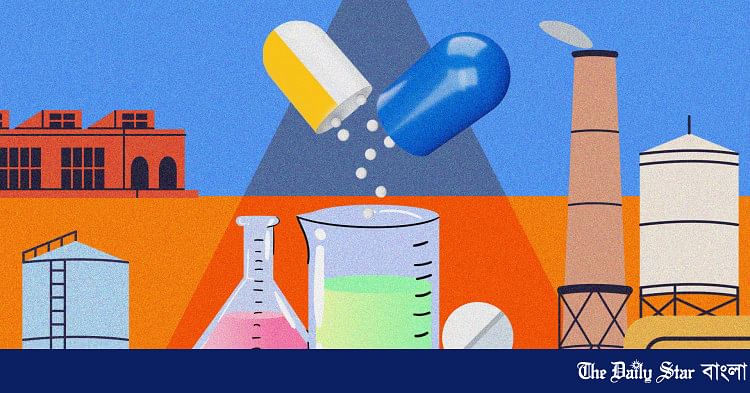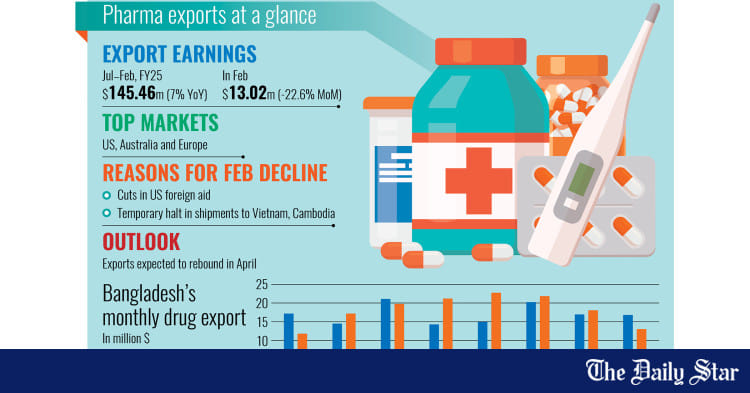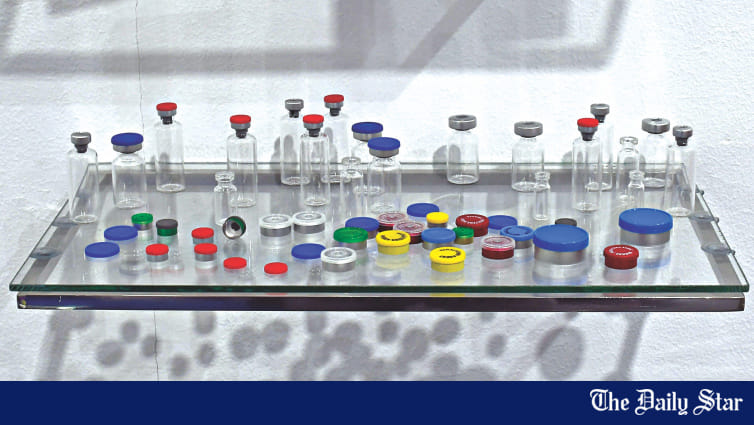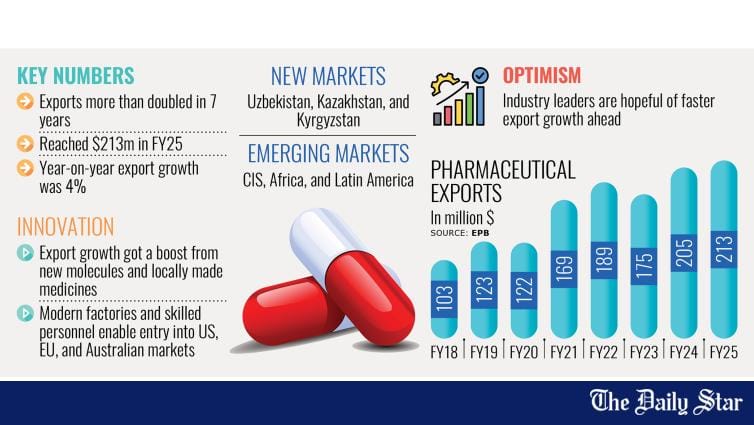- Copy to clipboard
- Thread starter
- #21
Saif
Senior Member
- Joined
- Jan 24, 2024
- Messages
- 15,397
- Reaction score
- 7,865
- Points
- 209
- Nation

- Residence

- Axis Group


Pakistan wants to import medicine from Bangladesh
Pakistan has shown its keenness to import medicine from Bangladesh...
 www.newagebd.net
www.newagebd.net
Pakistan wants to import medicine from Bangladesh
United News of Bangladesh . Dhaka 15 December, 2024, 17:24

Pakistan high commissioner to Bangladesh Syed Ahmed Maroof calls on health adviser Nurjahan Begum at her office in Dhaka on Sunday. | UNB Photo
Pakistan has shown its keenness to import medicine from Bangladesh.
Pakistan high commissioner to Bangladesh Syed Ahmed Maroof expressed the interest when he called on health adviser Nurjahan Begum at her office on Sunday.
Bangladesh had made significant progress in the pharmaceutical sector, and Pakistan was interested in importing medicines from Bangladesh, said Maroof.
Healthcare, trade, and overall cooperation between the two countries came for discussion during the meeting.
United News of Bangladesh . Dhaka 15 December, 2024, 17:24
Pakistan high commissioner to Bangladesh Syed Ahmed Maroof calls on health adviser Nurjahan Begum at her office in Dhaka on Sunday. | UNB Photo
Pakistan has shown its keenness to import medicine from Bangladesh.
Pakistan high commissioner to Bangladesh Syed Ahmed Maroof expressed the interest when he called on health adviser Nurjahan Begum at her office on Sunday.
Bangladesh had made significant progress in the pharmaceutical sector, and Pakistan was interested in importing medicines from Bangladesh, said Maroof.
Healthcare, trade, and overall cooperation between the two countries came for discussion during the meeting.

